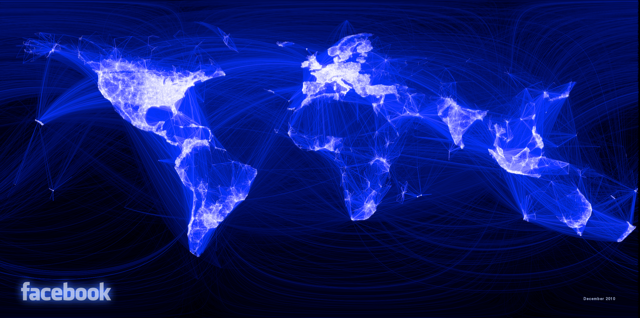I was stimulated today by three thoughts coming together.
I’ve been keen on the Alexander Technique in the last few days. Sore back, and also watching my son josh with a crippling sore back has led to a renewed interest in this approach. I’d read the book by F Matthias Alexander (Wikipedia) in the early ’80s. It got me to walk without a limp after an accident.
The aspect of the philosophy on my mind today was what they call “end-gaining” ie focusing on the goal or outcome rather than the process. Yet the method certainly has goals; reduction of pain, better performance, less stress, productivity. Like much of the method, it’s a bit paradoxical. The couple work I do with clients involves slow conscious dialogue: I say slow is fast. It is a bit similar. I use the phrase “goal shadow” to describe the negatives of being too outcome focused.
This was on my mind when I heard the phrase “holding the intention” in relationship to art. That puts the same idea in an active way, rather than not “end-gaining”, hold the intention. Intention is significantly different from goal, purpose or solution, not much but enough to give me a whole new feel, there is no sharpness in it, it is soft focus.
The third thing was reflecting on the sacred space of the therapeutic hour. How framing the work in an hour created a holding space. (Lacanians may differ). I think of that hour, the psychodrama stage, the Imago dialogue and the canvas of a painting, as alchemical vessels within which transformation can happen.
Then it occurred to me that intention far from being a wishy-washy thing could be an alchemical vessel. Holding the intention creates a space in which the intention is held, a space for the work to cook through all its stages. I like it, it complements GTD.
Later:Changed the title from vessel to crucible, and noticed how firmly this related to an earlier post. Being & Doing.

